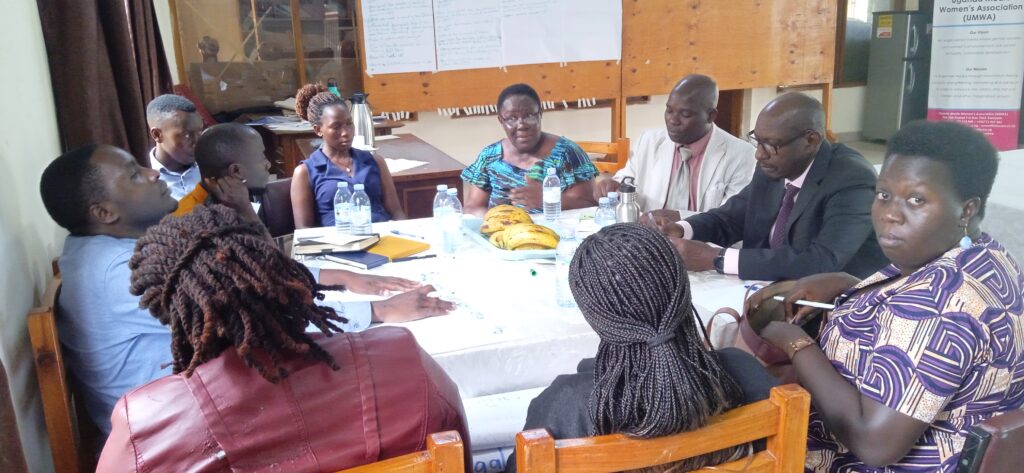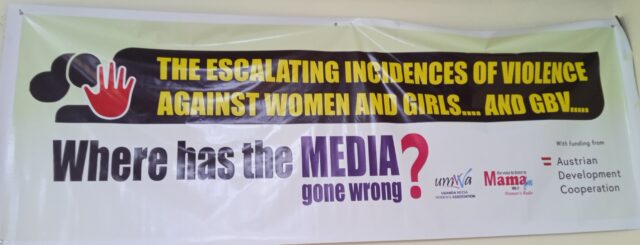
As the country continues to face cases of gender-based violence (GBV), Umwa has continued to train journalists to acquire more skills on how to prioritize reporting gender-sensitive stories as a way of amplifying the voices of the voiceless on issues concerning GBV.
Despite journalists reporting on GBV, the number of cases in the country continues to rise. This raises significant questions about why such incidents persist despite the coverage of these stories.
Under the project aimed at Ending Violence against Women and Girls, Umwa engaged with the media to identify issues related to covering GBV stories. This engagement included survivors and victims of GBV from Bwaise, members of civil society organizations, and representatives from the health sector.
Umwa Executive Director Margret Sentamu expressed concern that cases of violence against women are increasing daily, despite the coverage of these stories. Through this project, she aims to investigate why men continue to harass women, regardless of their positions on social media platforms such as X and others.
She added that more needs to be shared about the experiences of women who face attacks such as online violence, including the decisions they make following the trauma. “Some of them decide to quit their careers because of the attacks; we need to understand what happens in their lives,” she stresses.
Survivors appreciated the media for reporting on some GBV stories but urged them to delve deeper into ghetto communities to uncover untold stories. They pointed out that many women in these areas are suffering in silence, and a lack of coverage has contributed to their ongoing suffering.
They stressed that journalists should not only cover GBV stories but also follow up on what happens after their reports, particularly in the lives of the survivors.
However, journalists mentioned that while they strive to cover and write GBV stories, they often face constraints, particularly regarding decisions on how and when these stories are given space.
They noted that it is challenging when their editors prioritize other stories over GBV coverage, which sometimes leads to conflicts between journalists and their editors.
They pledged to continue giving space and more attention to GBV stories but requested Umwa to engage media managers and media owners to ensure sufficient coverage for these stories. This support would help reporters write these stories more effectively, knowing they will be aired.
This project, aimed at “Ending violence against women and girls and strengthening media’s responsiveness to gender and social inclusion,” conducted in Kampala and Kawempe. It seeks to improve how the media reports on violence against women and girls in the country and to identify effective measures for reducing such cases.
This project targets the media, GBV survivors, health professionals, and civil society organizations. It includes activities such as:
– Training 40 journalists in gender-responsive and social inclusion reporting, focusing on violence against women and girls (VAWG) and GBV.
– Training survivors and civil society organizations (CSOs) in effective media engagement, with 20 participants targeted.
– Conducting a reflective dialogue to document successes, identify challenges, and establish advocacy points.
– Launching a user-friendly toolkit or book on responsive reporting of VAWG and GBV, among other activities.
It is funded by the Austrian Development Cooperation.






